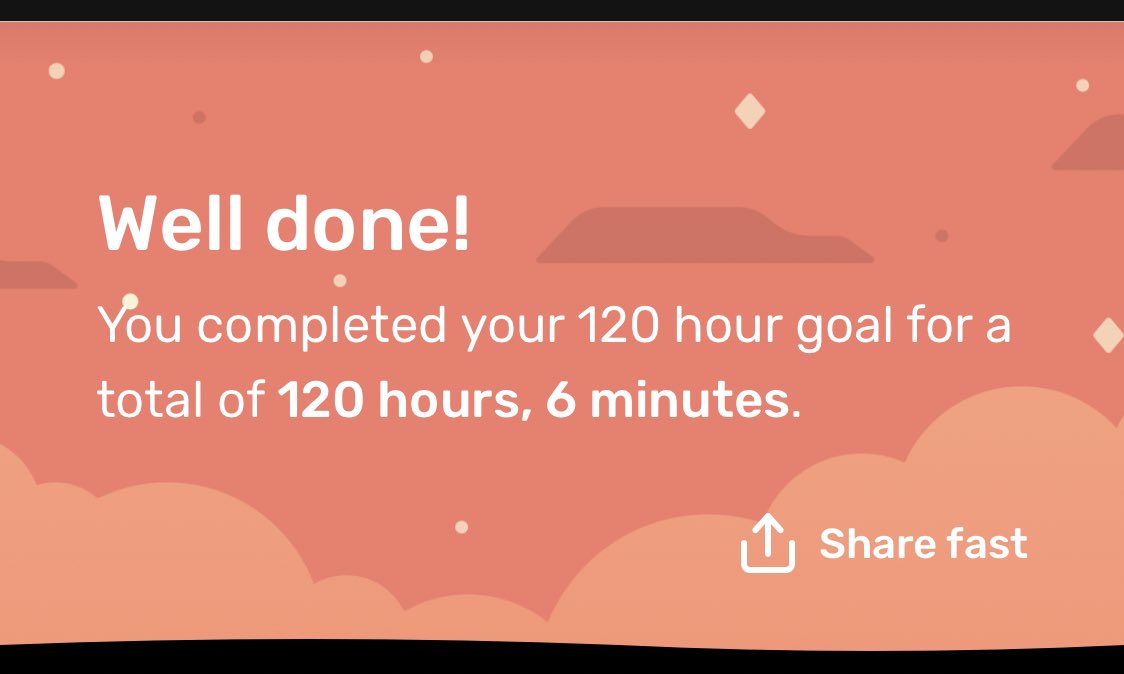
I just gave a talk to the W2021 YC batch. It's my favorite startup audience to talk to. Here are some of the highlights:
Finding product market fit is the critical thing to do in a startup.
Everything else: demo day, what investors you get, how much you raise, what press covers you -- it is all window dressing.
Everything else: demo day, what investors you get, how much you raise, what press covers you -- it is all window dressing.
Many founders don’t want to talk to their customers because it makes them vulnerable, because it's hard work, because it's scary. Creating a tight feedback loop with customers is the one thing that will help you discover PMF.
If a customer isn't one of your cofounders, try to create a customer panel that allows as tight of a loop as possible. Call them daily. Put them in your Slack.
My Twitch cofounder Emmett Shear has a great analogy on PMF here: it's like rolling a boulder downhill.
https://twitter.com/eshear/status/1155180521485242368
At Atrium, I confused myself on whether we had PMF because I was really good at sales. Basically, I was really strong and could roll the boulder uphill more easily. But it was still uphill.
It is often very unclear from the outside who is doing well or not in Silicon Valley. Example: people thought Justin.tv/Twitch sucked, but Atrium was super successful. If you read the outside narrative you would be confused.
The outside narrative is irrelevant to your startup. Only focus on PMF. Just talk to your customers and build your product. Fuck the outside world.
You should be willing to toil on PMF in obscurity for as long as it takes. The best companies start with a narrow wedge of PMF and it turns out that many people want it.
Most founders start motivated extrinsically (money, success, security) but the best founders shift to being motivated intrinsically (they are doing things that give them joy). Intrinsic motivation will keep you working when extrinsic motivation will not.
It is ok to have extrinsic motivation - even if some of those desires aren’t the most attractive things to admit to yourself.
You can find investors without YC. You can raise money without YC.
YC is really an accountability framework for you to make fast progress in finding PMF. No one wants to be the person that shows up during office hours and reports that nothing got done the last two weeks.
YC is really an accountability framework for you to make fast progress in finding PMF. No one wants to be the person that shows up during office hours and reports that nothing got done the last two weeks.
Work is a kind of habit. If you want to be productive, set up the frameworks for yourself to improve your work habit. Make it easy, make it accessible, make it rewarding.
Example: I used to eat pizza every day for lunch, and then would take a nap. I thought I was just a tired motherfucker. But it turns out if I change my work diet, I am more productive.
On balancing ruthlessness vs compassion/kindness in a startup:
You should outline your values up front. Then make decisions in accordance with your values. I can’t tell you what they should be (and no one else can).
You should outline your values up front. Then make decisions in accordance with your values. I can’t tell you what they should be (and no one else can).
How to create a great cofounder team dynamic:
Start with values. Values will keep you together when you face stressful decision points (selling the company, shutting down, pivoting).
Start with values. Values will keep you together when you face stressful decision points (selling the company, shutting down, pivoting).
Make sure there are clear cofounder roles and a clear decision making structure. Have this conversation up front even if it is uncomfortable.
With your cofounders, build trust through vulnerability, clear communication, clear areas of responsibility.
With your cofounders, build trust through vulnerability, clear communication, clear areas of responsibility.
Everyone wants famous investors to invest. Famous investors won’t make your company. Finding PMF will.
When you are successful, everyone will want to help you out, whether they invested or not. When you are failing, no one will want to help you, whether they invested or not.
Getting rich won’t solve your problems. You will still experience stress. Yes, this may be sound ridiculous. True equanimity can only come from getting right with your inner work.
More knowledge drops and summaries from my podcast The Quest on my free newsletter: thequestpod.substack.com/about?utm_sour…
One other thing I forgot: work with people who put a smile on your face. Life is short!
• • •
Missing some Tweet in this thread? You can try to
force a refresh



